Delaware Prosperity Partnership
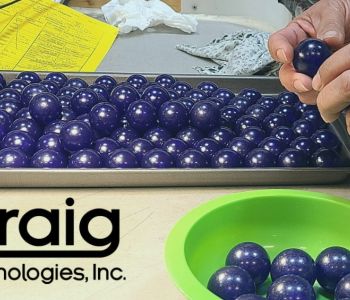
November 6, 2020
Craig Technologies Winning the Ballgame
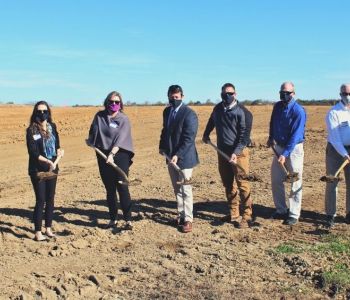
November 5, 2020
Duck Creek Business Campus Ribbon Cutting Celebrated by CDCC, KRM Development Corp.

October 29, 2020
Crystal Steel Success Starts With Its People
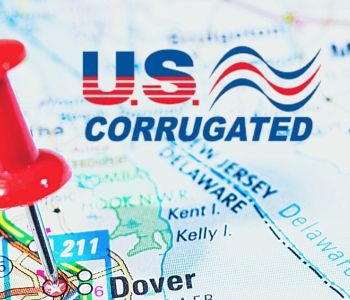
October 26, 2020
U.S. Corrugated Closer to Choosing Dover for $80M Super Plant

October 21, 2020
Prelude Therapeutics Launches Successful IPO

October 19, 2020
TEDx Salon GBC on Sports Psychology

October 15, 2020
Visionaries on Innovations in Health Sciences in Delaware
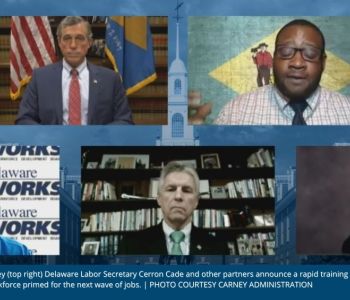
October 9, 2020
Delaware Launches Job Retraining Program

October 8, 2020
DESCA Provides Session to Startups on Attracting Capital
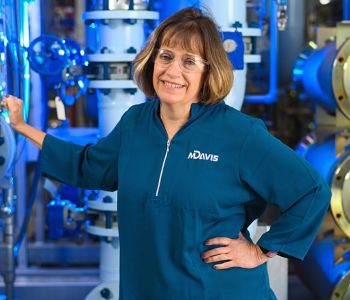
October 5, 2020
Peggy Del Fabbro Leads the Way at M. Davis and Sons
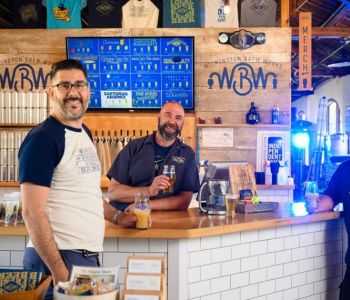
October 2, 2020
Wilmington Brew Works Enters Third Year with Glasses Raised

September 28, 2020
Erica Nemser and Compact Membrane Systems























